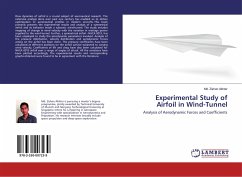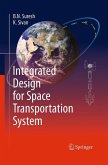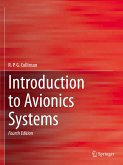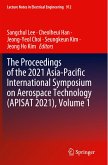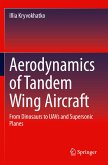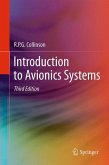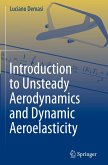Wind tunnel techniques involve experimental methods to study the aerodynamic characteristics of objects by simulating airflow in a controlled environment. A wind tunnel is a specialised facility where air is directed at varying speeds over scaled models or actual components of vehicles, buildings, or other structures. These techniques analyse lift, drag, pressure distribution, flow visualisation, and aerodynamic stability. Various types of tunnels, such as subsonic, transoceanic, supersonic, and hyper sonic, cater to different speed regimes. Tools like smoke trails, pressure sensors, and force balances provide data for refining designs, optimising performance, and validating computational models in aerospace, automotive, and architectural applications.
Bitte wählen Sie Ihr Anliegen aus.
Rechnungen
Retourenschein anfordern
Bestellstatus
Storno


